Proposal to relocate stadium, create a central land fund to attract investment
Recently, the Department of Construction of Can Tho City proposed that the City People's Committee consider relocating Can Tho Stadium and the Sports Center to Sub-zone 17 - sub-regional urban area for health, education, culture, and sports (old O Mon district) to maximize the land area with very high commercial value in Cai Khe ward.
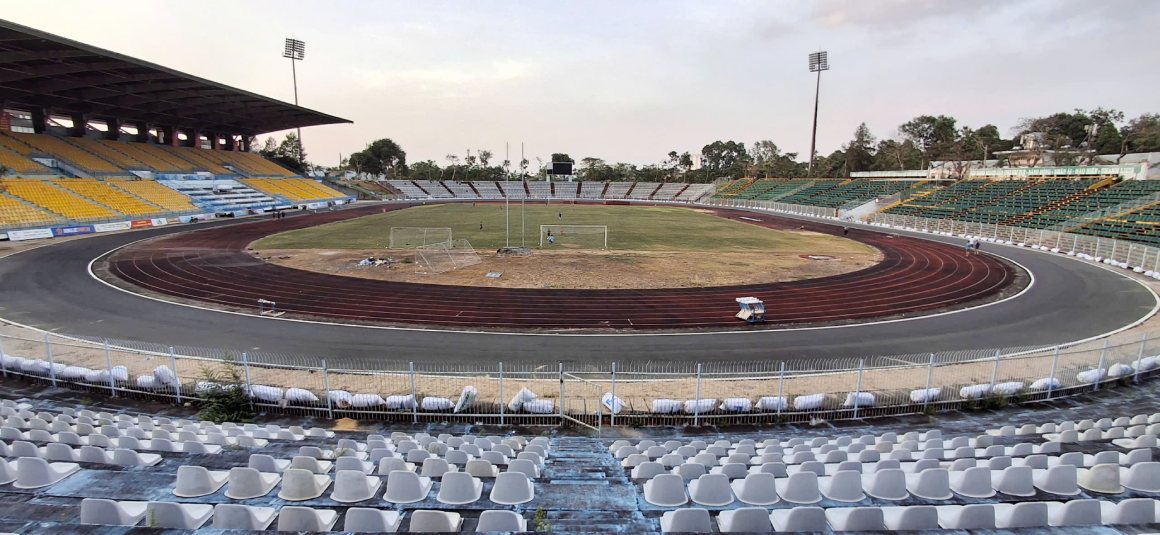
Can Tho City Department of Construction said that Can Tho Stadium and the Sports Center currently host very few activities. Relocating is reasonable, creating an attractive complex to attract investment because the city does not have a free trade zone or economic zone.
According to the Department of Construction, in recent years, the stadium has only had 1-2 events per year, mainly motorbike racing, leading to the prime land in the city center being left vacant all year round, causing waste. To attract investors, the city needs to create a clean land fund to be easy to invite.
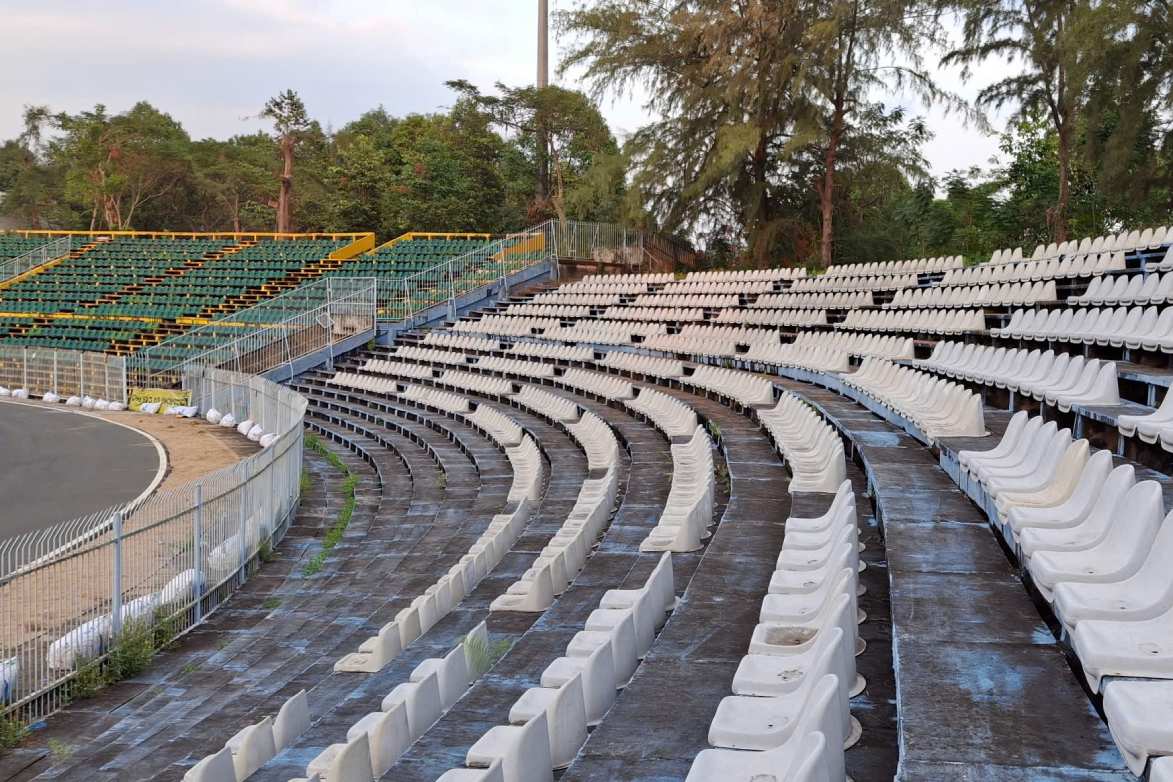
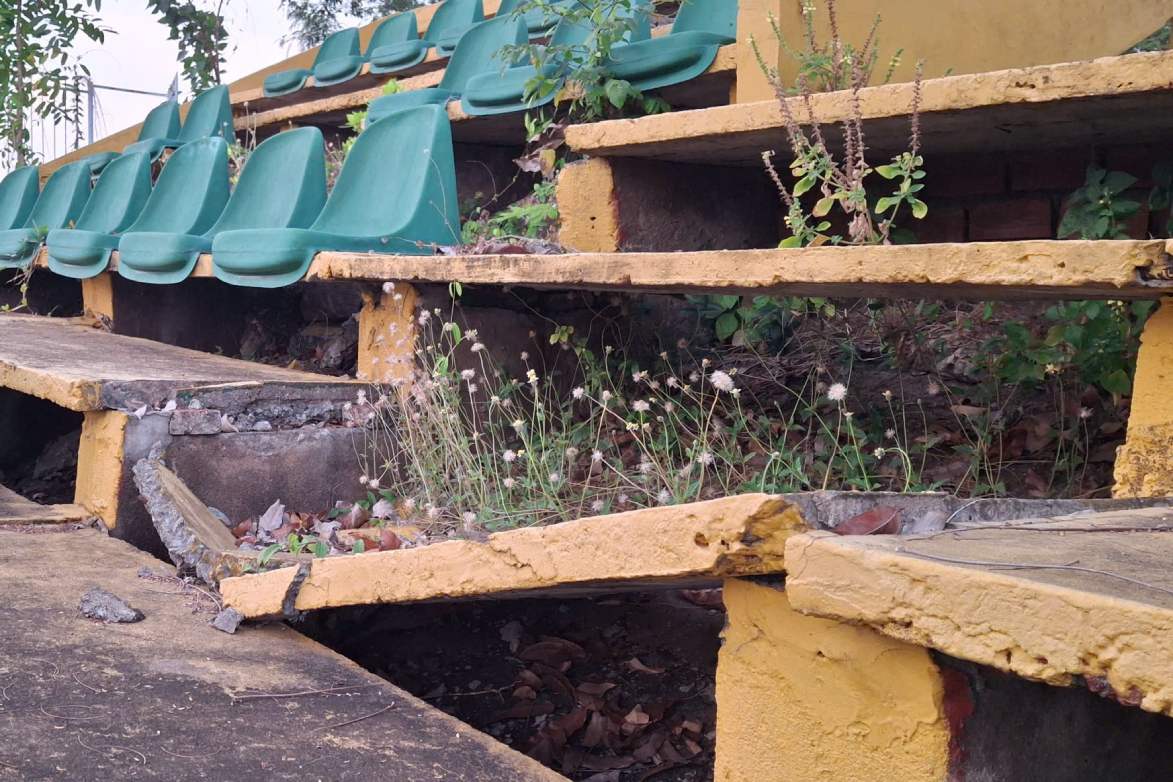
The Department of Construction added that relocating the stadium to Sub-zone 17 will help restructure urban space, reserve land for high-quality commercial, service, medical and sports development, meeting new development needs.
Regarding the above proposal of the Department of Construction, Chairman of the Can Tho City People's Committee Truong Canh Tuyen acknowledged and agreed on the policy of continuing to study the plan to relocate the stadium to exploit the central land fund well. In addition, the Chairman of the City People's Committee requested the Department of Construction to coordinate with relevant units to carefully assess and harmonize the needs of urban development and sports activities, ensuring compliance with the general planning of the City.
Risk of waste and loss of cultural symbols
Regarding this information, cultural researcher and composer Nham Hung said that this is an unfeasible proposal. According to him, in the world as well as in Vietnam, prime locations with riverside landscapes are often prioritized for cultural, sports and tourism activities, instead of commercial - economic activities.
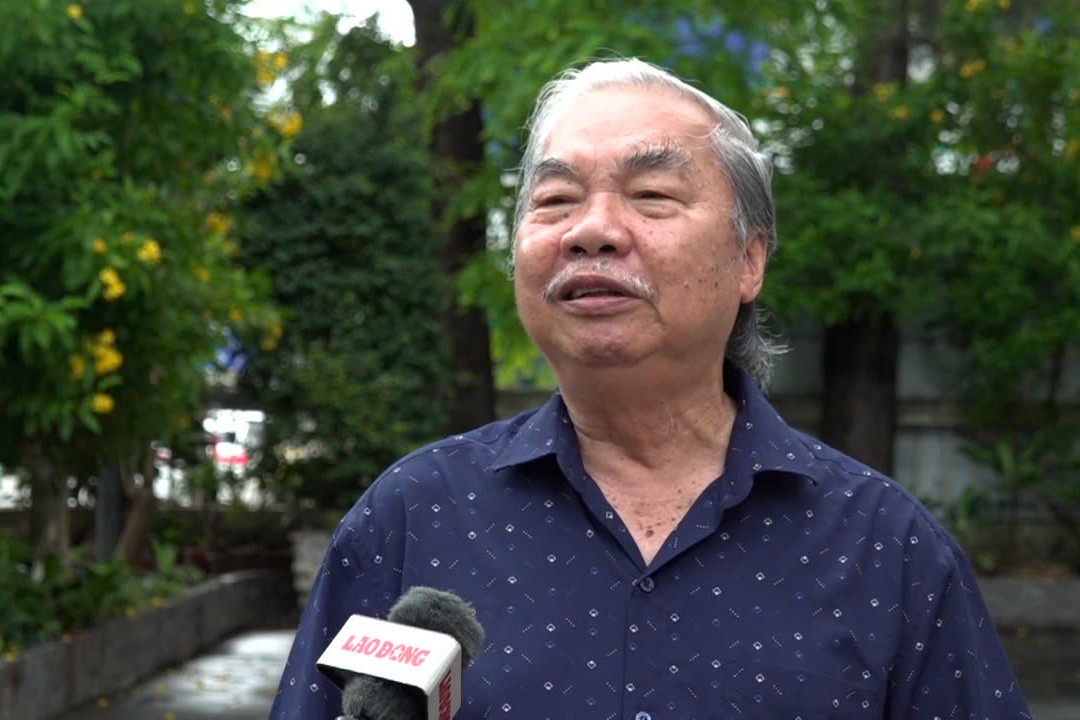
"Currently, having a project like a stadium located in the heart of the city, near the river, with a beautiful airy space is very valuable. Why do we have to relocate?", Mr. Nham Hung raised the issue.
Mr. Nham Hung stated that having only a few races or a few sports events a year is not the fault of the project, but due to poor management and organization. We cannot blame the stadium.
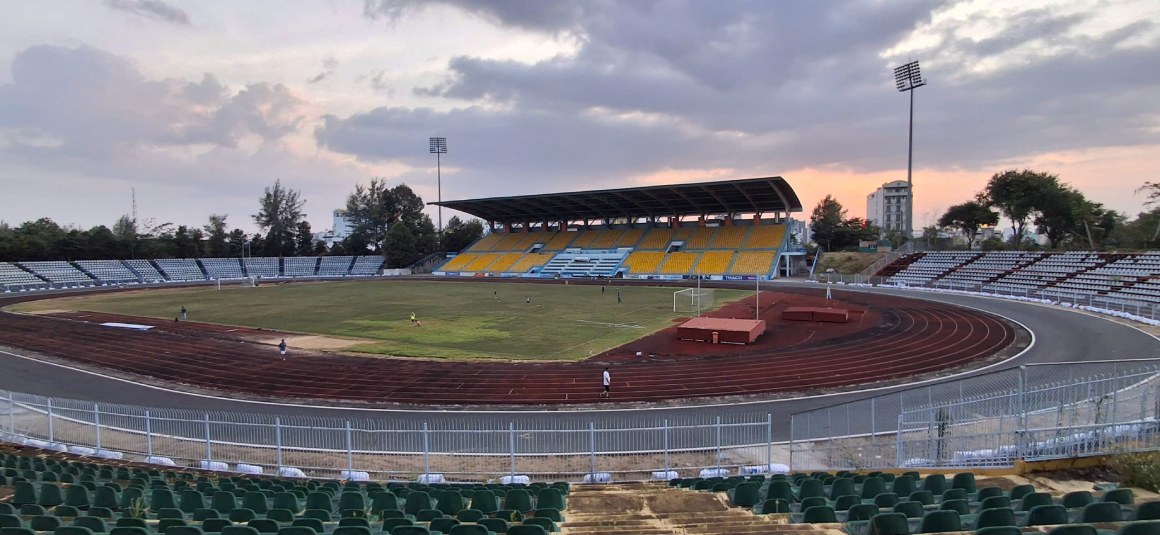
Dr. Tran Huu Hiep - Vice President of the Mekong Delta Tourism Association - said that this is a story that needs to be viewed not only from the perspective of infrastructure, but also from the perspective of socio-economics, culture and people's hearts.
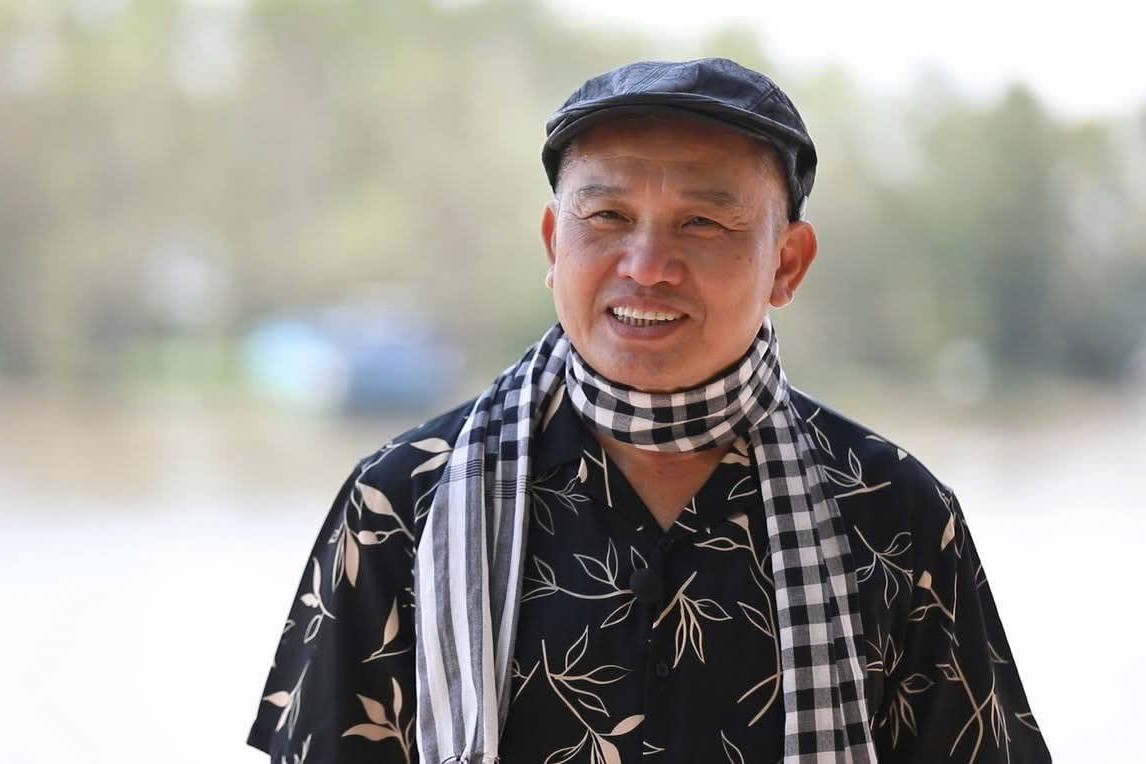
Moving such a meaningful project to subdivision 17, about 20 km from the center, requires clear and convincing answers to traffic infrastructure, ancillary services and especially real users before making a decision. Otherwise, this expensive project will soon become a "concrete oasis", Dr. Tran Huu Hiep stated.
Dr. Tran Huu Hiep pointed out that in the context of the Government emphasizing the effectiveness of public investment, saving and fighting waste, relocating a well-used project is considered unnecessary.
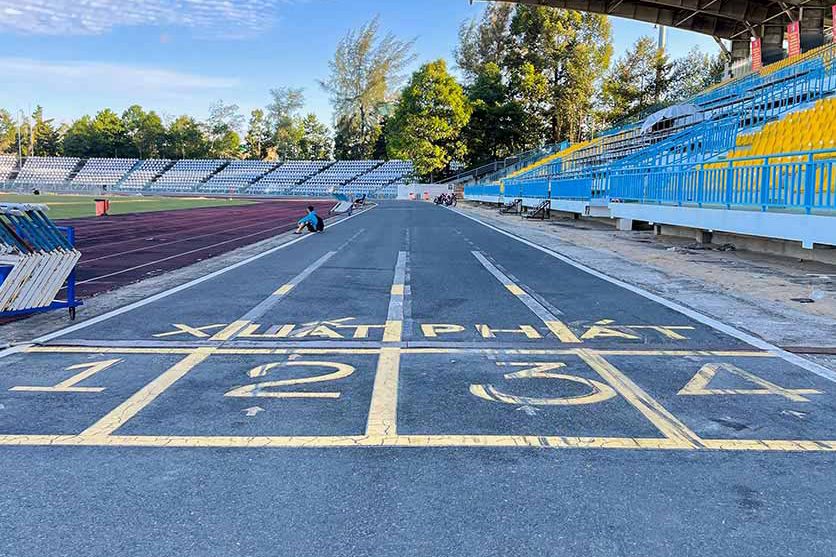
Mr. Hiep added that urban development in Can Tho requires a long-term vision, but it must also come from practical management and implementation capacity.
Before discussing resettlement or feature conversion, it is necessary to clarify: who is responsible for impact assessment, who ensures feasibility, and who does the real benefit belong to? A hasty decision can cause the city to lose a symbol, without achieving the corresponding value, Dr. Tran Huu Hiep emphasized.











